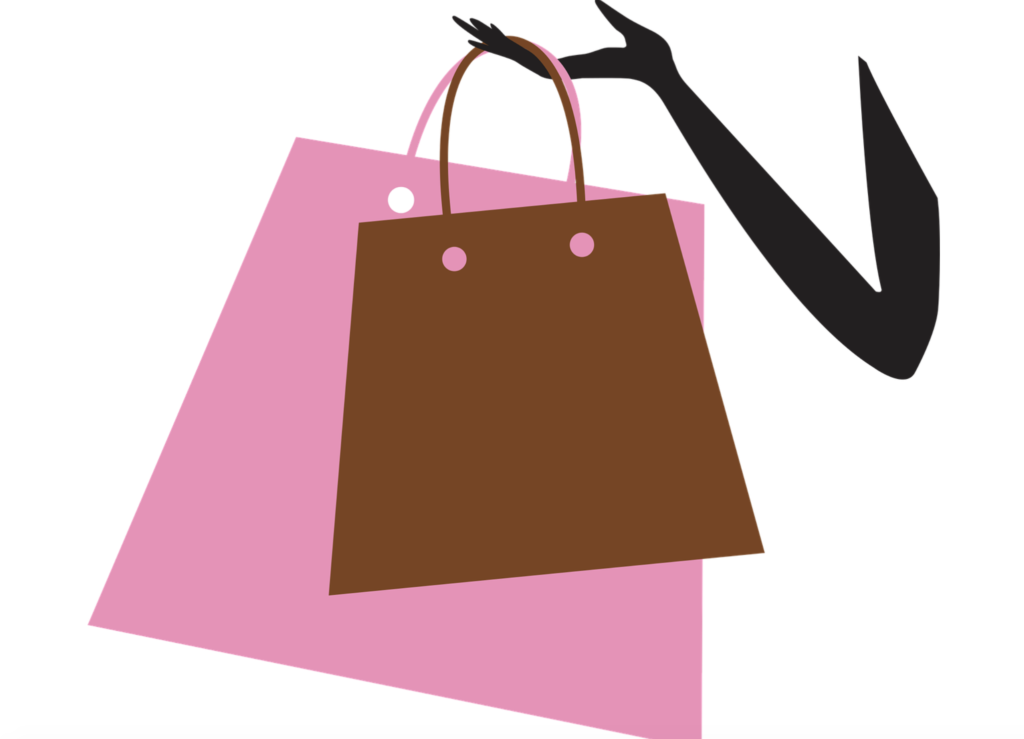CONSUMER NEEDS
Premiumisation at its most basic is about priorities, as consumers invest in products that matter to them while ignoring those that do not. Premiumisation as a mega trend addresses customers’ social status needs, as it sets them apart from the crowd based on a criterion that they are interested in. Success is now frequently measured in experiences, so consumers are enticed by products and services using a ‘feel good’ factor as their means of premiumisation. An increasingly popular way customers are satisfying their need for the ‘feel good’ factor is by viewing consumerism as an exclusive game, with covert consumption that is not available to everyone, that they can share on social media.

TREND DRIVERS
The increased demand for this ‘feel-good’ factor has been driven by the COVID-19 pandemic, and prior to that, the monotonous retail experience that consumers were tiring of. The pandemic and consequent confinements during the lockdown periods have left consumers requiring experiences and entertainment to add fun and excitement back into everyday life. Consumers also want retailers to prioritise the experience, instead of convenience, speed or price; they want leisure and retail blurred to create destination shopping, with the experience the element of the product they are willing to pay more for.
CONSUMER EXPECTATIONS
There is a growing interest in items and services only available to those in the know, as it appeals to the sense of superiority important to those consumers in way that is less ostentatious than previously (Mintel, 2020). Exclusivity is an important aspect as 45% of luxury goods shoppers believe a brand loses its appeal when there are too many affordable products, as it is too accessible to everyone.
With regard to fashion, 39% of UK consumers say that exclusive events, with previews of own-label seasonal ranges, are appealing. The exclusivity should be created by providing personalised, private invitations, as young shoppers aged between 16-34 welcome personalisation and 75% of consumers agree they enjoy sharing an exclusive, personalised event on social media.
INDUSTRY INSPIRATION
An example of this premiumisation in action is fashion label Telfar’s one-time only, 24-hour event where customers had unlimited access to highly sought-after bags, and could pre-order as many as they wanted during that period.
Other clothing brands are also taking advantage of exclusivity and experience as premiumisation such as Adidas and Footlocker. For example, Footlocker not only sell shoes at their store in Singapore, but also a basketball court, to appeal to the youth segment and add something extra.
Where brands offer the ‘retailtainment’ like these examples, they are providing the added value of a one-off experience and therefore building lasting, loyal relationships with their consumers. This shows the mutual benefits for the brand investing a little extra time and effort into understanding the megatrends, and the consumer for paying more.
0 Comments